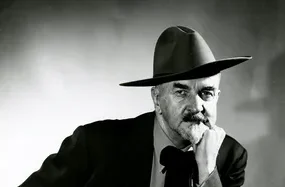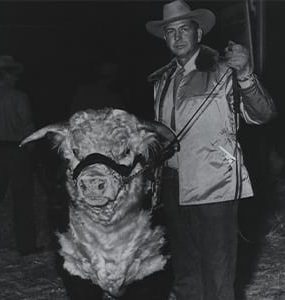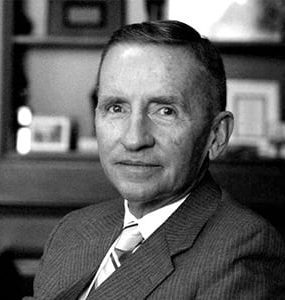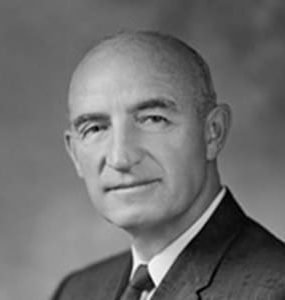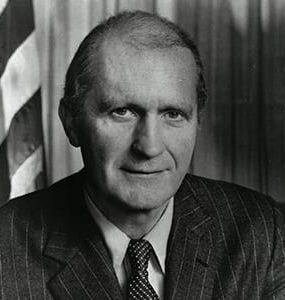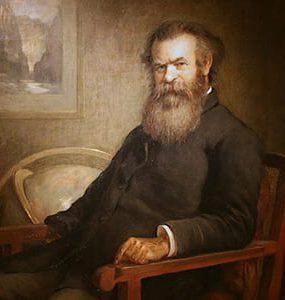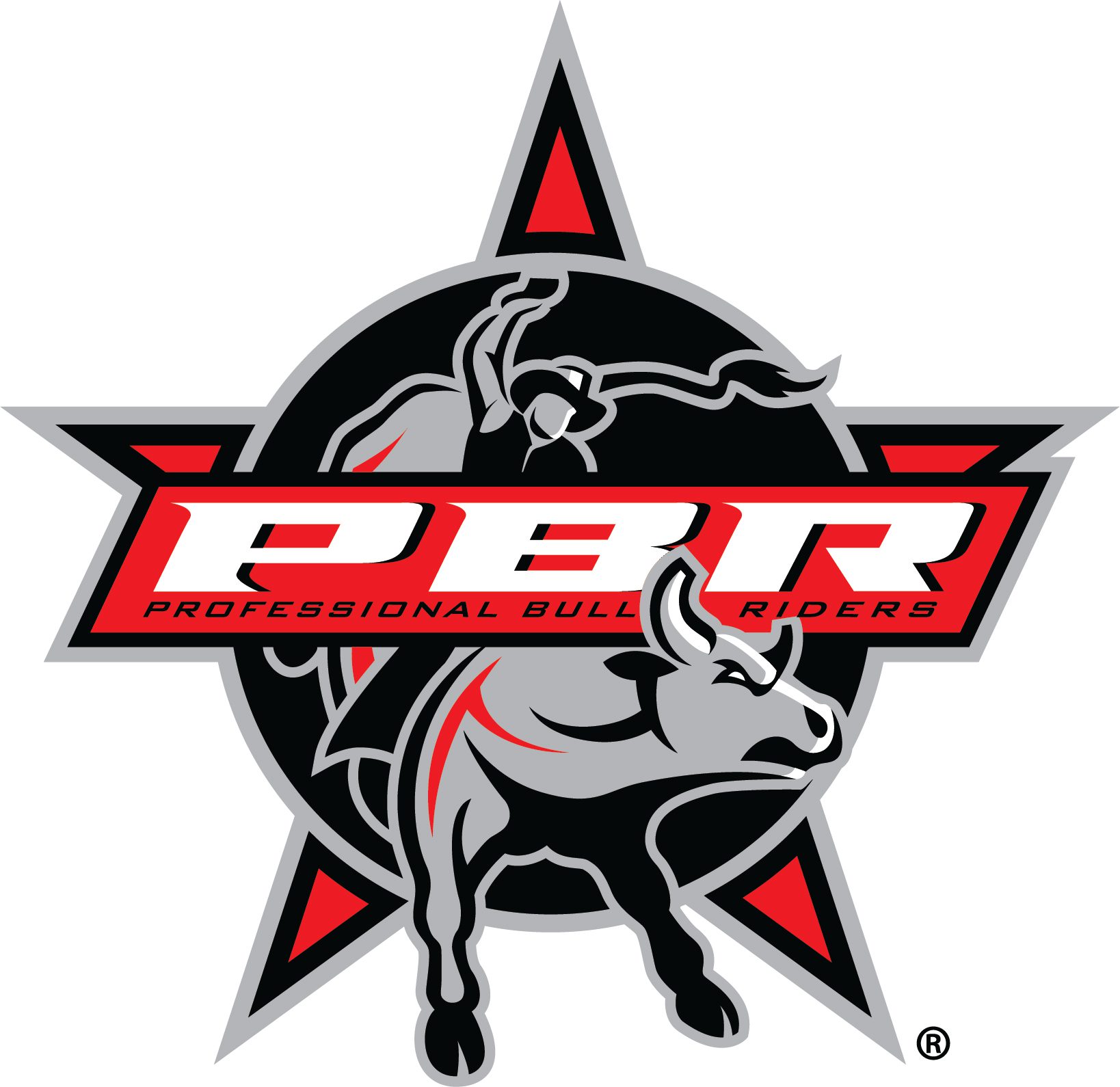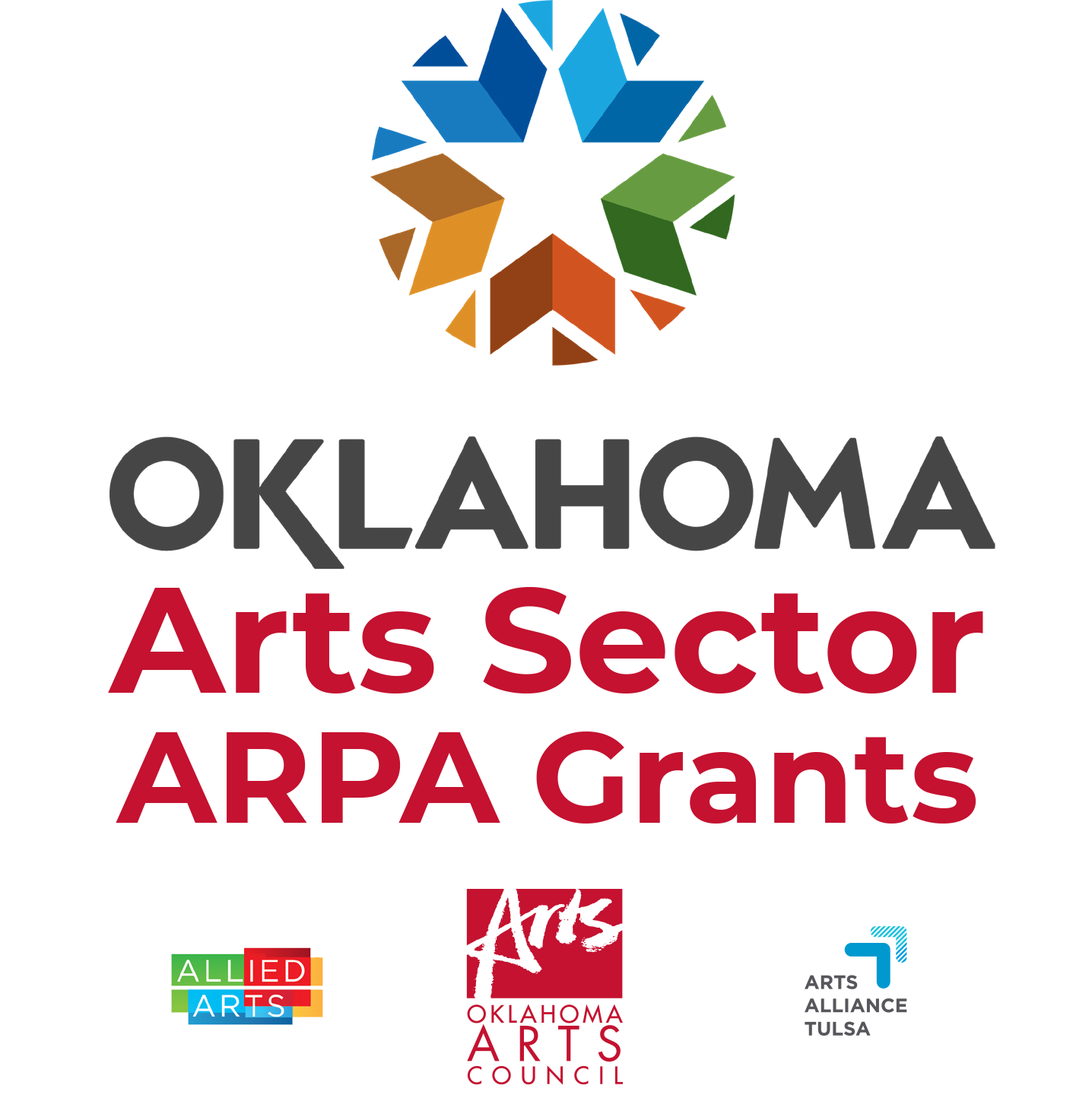Bio
Charles Badger Clark (1883–1957) was an American cowboy poet and the first poet laureate of South Dakota. Born in Albia, Iowa, his family moved to Dakota Territory, where his father was a Methodist preacher. Clark’s early life was marked by a rebellious streak, leading him to drop out of Dakota Wesleyan University. After contracting tuberculosis, he moved to Arizona to benefit from the dry climate, spending four years working on a remote ranch. It was during this time that he began writing poetry, often inspired by the landscapes and cowboy life.
Clark’s first published poem, “Ridin’,” appeared in The Pacific Monthly in 1907, marking the beginning of his career as a poet. His poetry resonated with the rugged spirit of the West, and his first collection, Sun and Saddle Leather, was published in 1917. Clark returned to South Dakota in 1910 to care for his ailing father and later moved to a cabin in Custer State Park, where he lived for 30 years, writing poetry.
In 1937, Clark was named the Poet Laureate of South Dakota by Governor Leslie Jensen. His work appeared in magazines such as Sunset, Colliers, and Scribner’s, gaining national attention. Some of his most famous works, including “Spanish Is the Loving Tongue,” were adapted into songs by artists like Pete Seeger and Bob Dylan.
Clark passed away in 1957 in Rapid City, South Dakota. He was inducted into the Hall of Great Westerners in 1989, leaving a legacy as a celebrated poet of the American West.

